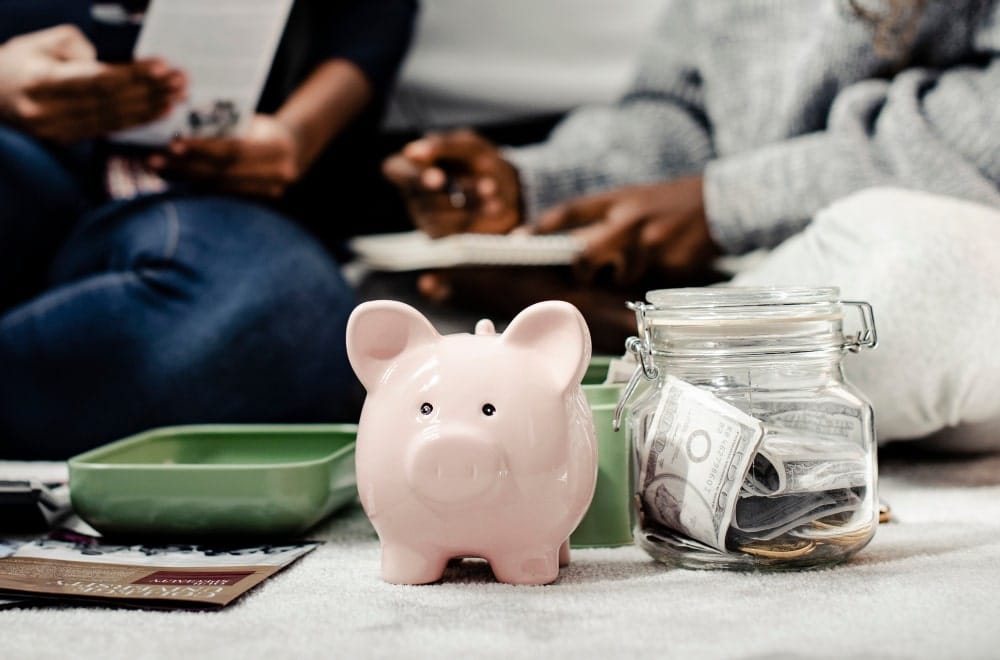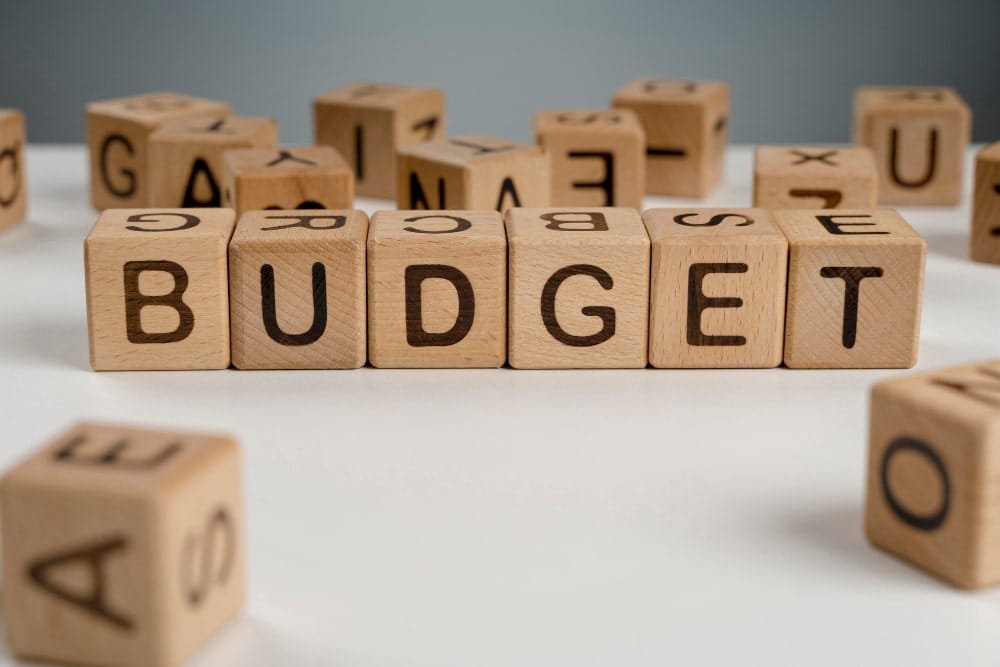
7 Daily Habits to Save Money
Are you looking for simple and effective ways to cut down on your expenses? Do you want to start saving more money for the future? One of the best ways to achieve this is by incorporating daily habits that promote financial stability and help you save money.
By making small changes in your everyday routine, you can gradually increase your savings over time. Today I will discuss 7 daily habits that you can adopt to save money and improve your financial health.
Must Reading: How to Track Your Monthly Expenses With Easy Steps
Why Daily Habits Are Important for Saving Money

Our daily routines and behaviors have a significant impact on our finances. The way we spend our money on a daily basis can either contribute to our financial stability or lead us into debt.
By developing good daily habits, we can take control of our spending and make sure that we are prioritizing saving money. These habits can also help us identify areas in our daily lives where we may be overspending.
Here are some reasons that why daily habits are important for saving money:
- Better budgeting
- Reduced impulse buying
- Increased awareness of spending patterns
- Improved financial discipline
- Greater control over finances
- Long-term financial stability
Steps to Develop Good Daily Habits for Saving Money
1) Set a goal

The first step to developing good daily habits for saving money is to define a specific goal. This could be anything from saving a certain amount of money each month to paying off debt or building an emergency fund.
Having a clear goal in mind will give you a sense of purpose and motivation to stick to your saving habits. It is important to also set a realistic and achievable goal, as this will make it easier to stay on track.
2) Create a budget

After setting a clear goal, the next crucial step is to establish a budget. This involves tracking your income and expenses, and allocating funds towards your saving goal. A budget helps you understand where your money is going and allows you to make necessary adjustments to prioritize saving.
By creating a budget, you can identify areas where you are spending on unnecessary things and redirect those funds towards your savings. It also helps you stay accountable and disciplined in your spending.
There are various budgeting methods available, such as the 50/30/20 rule or the envelope method. Find a budgeting strategy that works best for your lifestyle and stick to it consistently. Remember, budgeting is a continuous process and requires regular monitoring and adjustments.
3) Plan Your Meals and Avoid Eating Out
One of the proven daily habits to save money is meal planning. By preparing your meals in advance, you reduce impulse purchases and expensive takeout orders. As the cost of eating out continues to rise in 2025, it’s important to get into the habit of cooking at home. Not only will this save you money, but you can also ensure that your meals are healthy and meet your nutritional needs.
To get started, set aside some time each week to plan your meals for the week ahead. This may include deciding on recipes, making a grocery list, and prepping ingredients ahead of time. By planning ahead, you can take advantage of sales and coupons at the grocery store, which can further reduce your food costs.
4) Review and Cancel Unused Subscriptions
Don’t forget about streaming services, apps, or memberships that you no longer use, as these expenses can quietly eat into your budget each month. There are handy budgeting apps that can alert you to unused subscriptions so you can cancel them immediately.
Take a look at your credit card and bank statements to identify any recurring charges that you no longer need. This can save you hundreds of dollars each year, which can be put towards your savings or paying off debt.
Keeping these expenses in mind ensures that your money is only spent on the things that truly add value to your daily life.
5) Practice Smart Shopping
Smart shopping is one of the most effective daily habits to save money. Before purchasing anything online or in a store, take a moment to look for deals or discounts.
Consider buying in bulk for items you use regularly but be cautious to not overspend on items you don't need. Another smart shopping tip is to always make a list before going grocery shopping. This will help you avoid impulse buying and sticking to your budget.
6) Use Public Transportation or Carpool
When you need to travel, consider using public transportation or carpooling with friends or coworkers. This not only saves money on gas and parking fees, but it also reduces the wear and tear on your vehicle.
Also, many cities offer discounted passes for regular commuters, making it even more cost-effective. I always try to utilize public transportation whenever possible, and it has saved me a significant amount of money over time.
If public transportation isn't available in your area or you need a car for work, consider carpooling with other people who have a similar commute.
Another option for saving money on transportation is by biking or walking to your destination. Yes this is environmentally friendly but it also provides a great source of exercise.
7) Track Your Daily Spending

The last tip for saving money is to track your daily spending. This involves tracking and recording all your daily expenses. That’s why tracking your spending is a top daily habit to save money. Use budgeting apps, a notepad on your phone, or a small notebook to write down every purchase.
A daily review clarifies your habits and helps you identify spending triggers or areas where you can adjust. Many top financial advisors in 2025 recommend using a budgeting app to track daily spending.
These apps categorize your expenses and provide visuals on where your money is going. Some apps even send alerts when you are close to exceeding your budget in a certain category.
Read More: Best Daily Expense Tracking Tips
Bottom Line
Making these daily habits part of your routine to save money can transform your finances over time. The key is to maintain consistency and make these habits part of your daily routine. If you stick with it, you will see the results in your bank account and overall financial well-being.
It may be challenging to make changes at first but remember that small steps lead to big progress. Stay motivated by setting realistic goals and taking time to celebrate your successes along the way.
By incorporating these habits into your life, you can gain control of your money and reach your financial goals. So start today, and watch how consistency brings results in the long run.
Frequently Asked Questions
Can I start implementing these habits immediately?
Yes, you can start incorporating these habits into your daily routine right away. Remember to start small and gradually build up to larger changes for long-term success.
What if I slip up and don't stick to my new habits?
It's normal to slip up and make mistakes because it happens to everyone. The most important thing is not to let failures discourage you, just stay focused and keep going. Consistency is what really makes the difference in forming new habits.
It's also helpful to have a support system or an accountability partner who can help keep you motivated and accountable for your habits.
How can I stick to a budget without feeling constrained?
Consider using a budgeting app that allows you to set spending limits and track your progress. Also, try to find free or low-cost activities for entertainment instead of expensive outings.
What’s the best way to stay motivated to save money daily?
Visualize your long-term financial goals, such as buying a house, going on a vacation, or retiring earlier. Set realistic, manageable goals and celebrate your progress whenever you achieve them. Surround yourself with like-minded people who share similar financial habits and inspire each other.
What’s a simple way to cut down on energy bills?
Unplug unused electronics, switch to energy-efficient appliances, and make it a habit to turn off lights and appliances when not in use.
Can you enjoy coffee and still save money?
Yes, opt for making your own coffee at home instead of buying from coffee shops. You can also invest in a reusable coffee mug to save money and reduce waste.